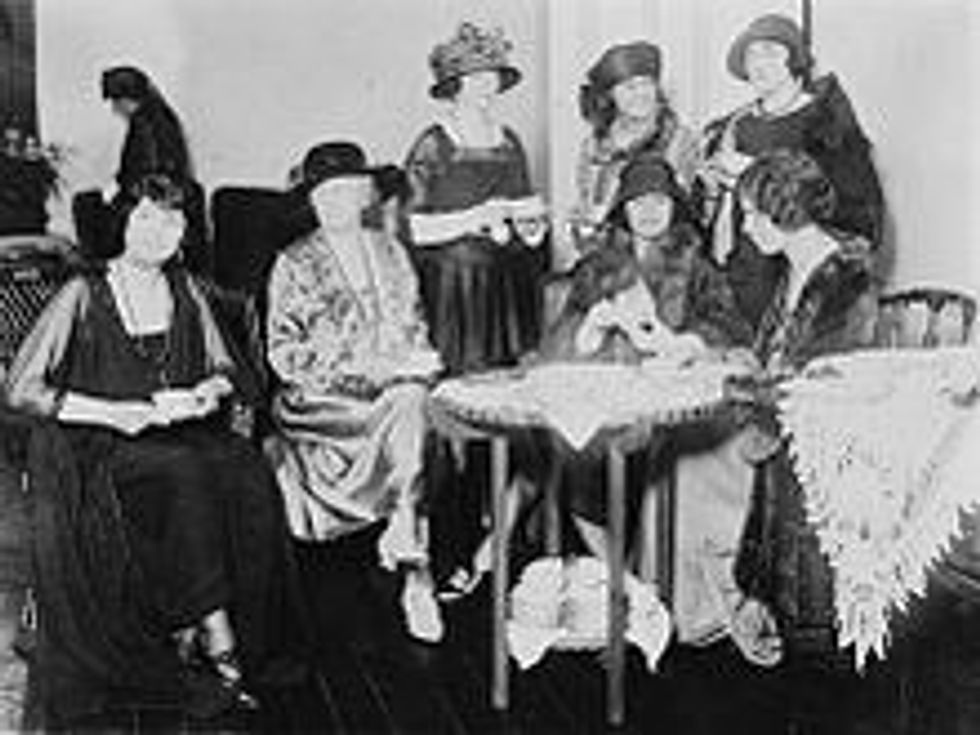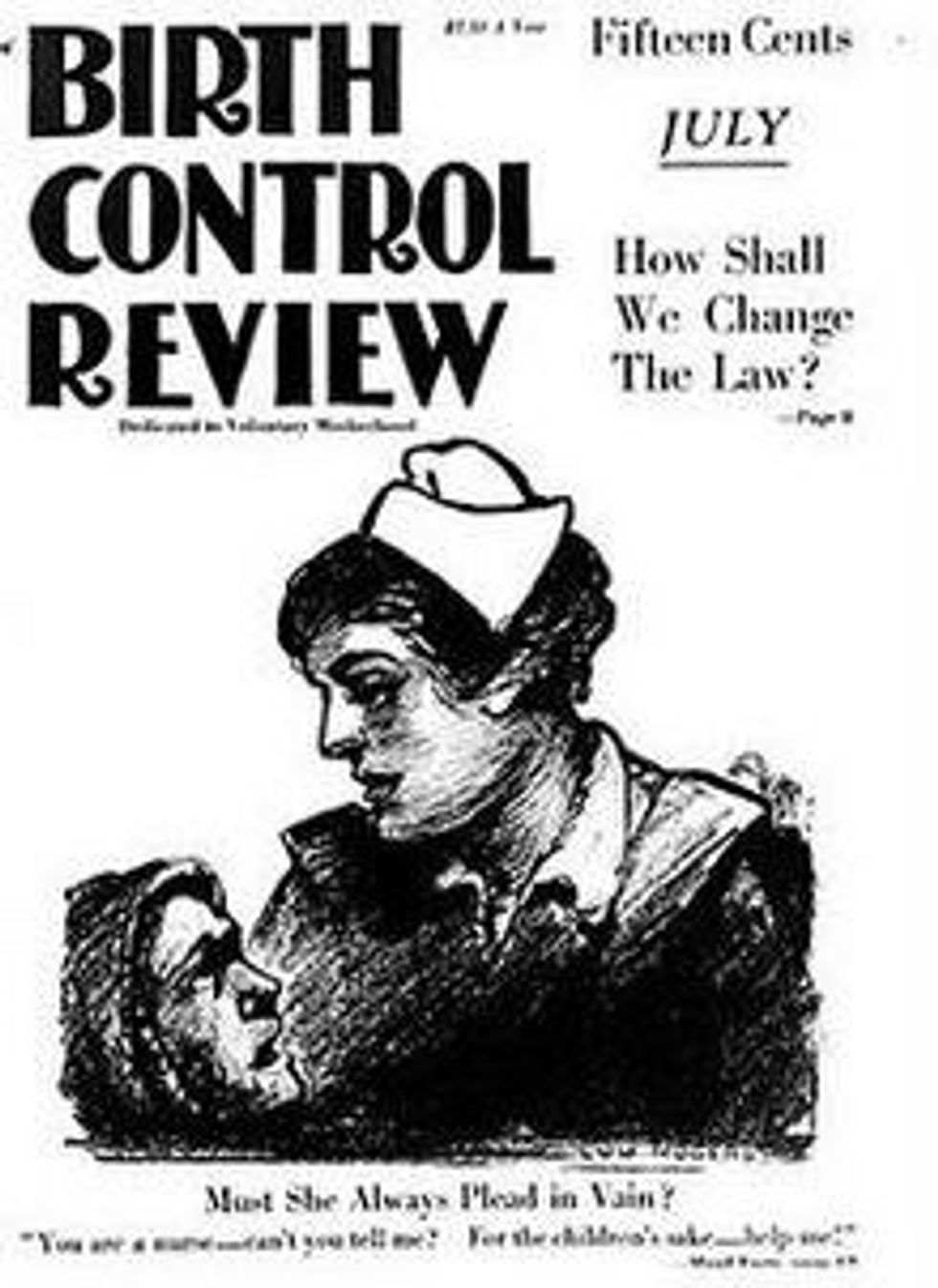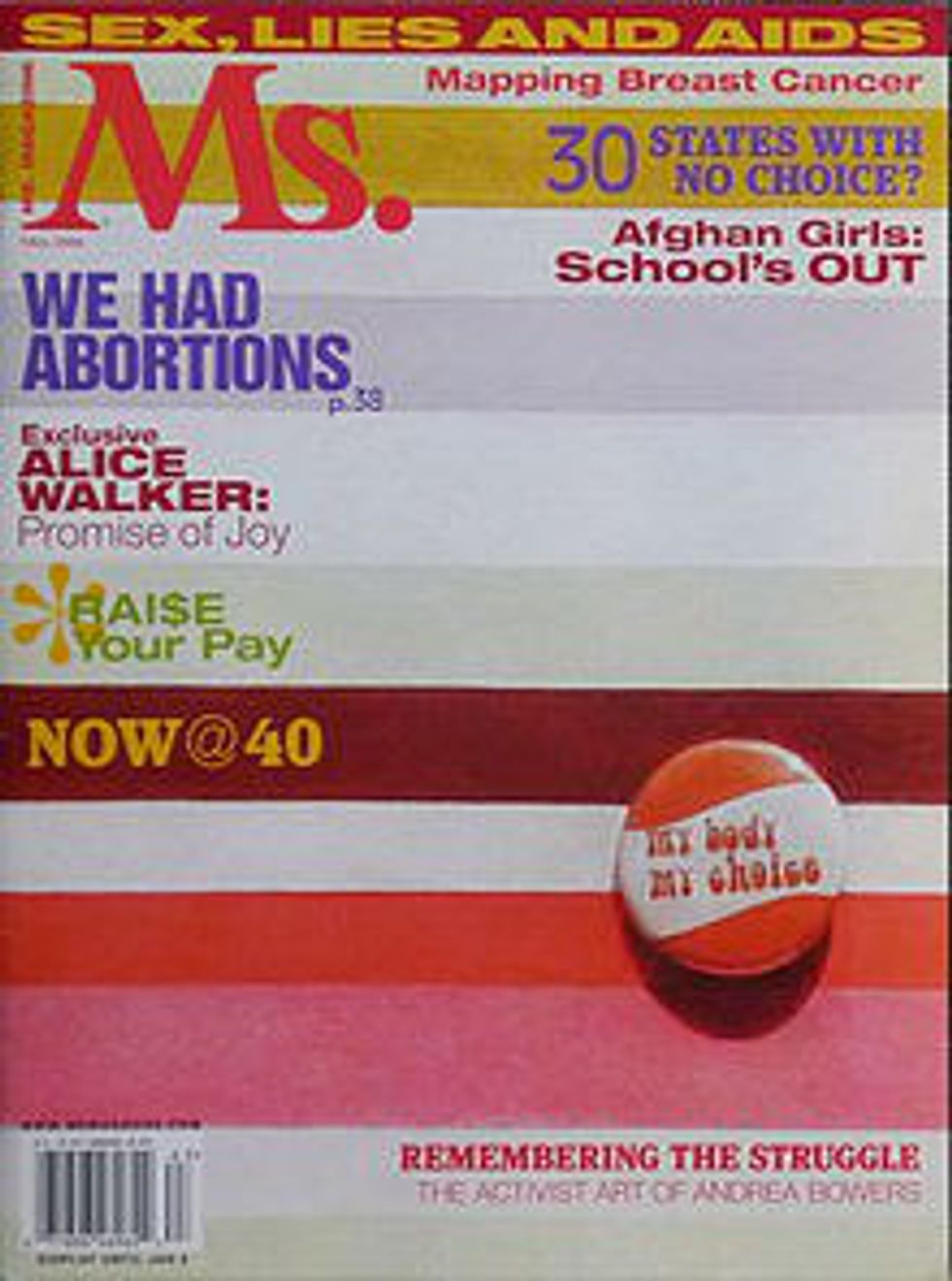In light of the recent election, I wanted to depart from my usual topic and look at the history of women's rights in America. I think we need to remind ourselves of what we already have, and the incredible power we have as women. Sexism has seemingly always existed. Even Aristotle thought of women not as equals but as incomplete males. It's deep-rooted around the world, from a variety of sources, and, unsurprisingly, it was the Europeans who brought sexism to America. So I am here to bring you the timeline of everything women have achieved despite all the odds.
1400-1500s: Hunter-gatherer societies split equal roles amongst men and women. Such was the case in Native American societies, but in America, change came with European influence. They became agricultural societies with expectations of working husbands and stay-at-home wives. The assumptions associated with these roles have pervaded even until today, as all of us know.
1500s-1700s: Women could earn their living for the most part only as seamstresses or boarding house owners. This gradually changed as a few women were able to become doctors.
1848: First women's rights convention in Seneca Falls, NY. 68 women and 32 men signed a Declaration of Sentiments, sets the agenda for the women's rights movement, including equal treatment of men and women under the law and voting rights for women.
1869: Two kick-ass women (Susan B. Anthony and Elizabeth Cady Stanton) form the National Women Suffrage Association to achieve voting rights for women. At the same time, a separate group, American Woman Suffrage Association, formed by Lucy Stone, Henry Blackwell, and others, focused exclusively on gaining voting rights for women through amendments to state constitutions. Votes for women!
1890: These two associations merge to form the National American Women Suffrage Association (NAWSA), which seems a pretty logical name under the circumstances. The group headed state-by-state campaigns to achieve votes for women, such as this 1917 poster urging the states to follow Canada's example in support of women's suffrage.
1893: Colorado is the first state to adopt an amendment granting women the right to vote.
1896: The National Association of Colored Women is formed from more than 100 black women's clubs. Leaders include Josephine St. Pierre Ruffin, Mary Church Terrell, and Anna Julia Cooper.
1903: The National Women's Trade Union League (WTUL) is established to advocate for improved wages and working conditions for women.
1913: Alice Paul and Lucy Burns form the Congressional Union, which later becomes the National Women's Party pickets the white house for women's voting rights.
1916: Margaret Sanger opens the first U.S. birth control clinic in Brooklyn, NY. It was shut down 10 days later and Sanger was arrested. She eventually found support in the courts, was released, and was able to open another clinic in NYC in 1923. She also published the Birth Control Review from 1917 to 1929, pictured here, and founded the Birth Control League in 1921 that would eventually become Planned Parenthood in 1942.
1920: The 19th Amendment, giving the women right to vote, is signed into law!
1935: Mary McLeod Bethune organizes the National Council of Negro Women in the hope of fighting discrimination, racism, and sexism.
1936: Birth control information is no longer classified as obscene. Progress!
1955: The Daughters of Bilitis (DOB), is the first lesbian organization founded in the United States.
1960: The FDA approves birth control pills for human consumption.
1961: JFK establishes the President's Commission on the Status of Women, appointing Eleanor Roosevelt as chairwoman. In 1963, Commission repots "substantial" discrimination in the workplace.
1963: Betty Friedan publishes The Feminine Mystique, which describes the sense of dissatisfaction felt by middle-class American housewives. Congress also passes the Equal Pay Act, making unequal pay illegal. Too bad we still find this a problem even in today's America.
1964: Title VII of the Civil Rights Act bans employment discrimination on the basis of race and sex.
1965:Griswold v. Connecticut, the Supreme Court strikes down the last state law prohibiting the use of contraceptives by married couples.
1969: California allows divorce by mutual consent, known as a "no fault" law.
1971: Ms. Magazine, a magazine for women who refuse the "Mrs." title, insert published in New York magazine, sells out in 8 days. The first regular issue is published July 1972.
1974: Through Roe v. Wade, the Supreme Court establishes a woman's right to a safe and legal abortion.
1976: A husband raping a wife becomes illegal Nebraska, the first marital rape law.
1978: The Pregnancy Discrimination Act bans employment discrimination against pregnant women.
1986:Meritor Savings Bank v. Vinson, the Supreme Court finds sexual harassment a form of illegal job discrimination.
1994: The Violence Against Women Act increases federal penalties for sex crimes and provides special training of police officers.
2006: The Supreme Court upholds the ban on "partial-birth" abortions. Judge Ruth Bader Ginsburg ("The Notorious RBG") dissents, calling the ban "a decision so at odds with our jurisprudence should not have staying power."
2009: Obama signs the Lily Ledbetter Fair Pay Restoration Act, which allows victims of pay discrimination to file a complaint with the government against their employer.
2016: Women are allowed to serve on any job in the armed services.
And onNovember 8, 2016, our chance at the first female president, Hillary Clinton, is snatched away from us.
As a woman of this generation, it is easy to forget what those before me have fought so hard for. That women like Betty Friedan and Susan B. Anthony and Margaret Sanger picketed the white house, drafted amendments, and broke the law, so that I could have the rights I have today. I voted in this election, for a female candidate I believed in. That in itself is amazing, especially compared to those early agrarian colonizer women. And though my chosen candidate did not win, and I do find myself afraid for the future, we cannot give up. We as women, as people with different sexual orientations and ethnicities and religions and countries of origin and disabilities, have overcome so much to stand where we do in the U.S. today. We can't let anyone take that from us.
Sources:
http://www.infoplease.com/spot/womenstimeline1.htm...
https://en.wikipedia.org/wiki/National_Woman_Suffr...
https://en.wikipedia.org/wiki/Margaret_Sanger
https://en.wikipedia.org/wiki/National_Woman's_P...
https://en.wikipedia.org/wiki/The_Feminine_Mystiqu...
http://www.wic.org/misc/history.htm
https://en.wikipedia.org/wiki/Gonzales_v._Carhart
http://femmagazine.com/2015/02/10/the-origins-of-m...

















































